Whoever first said silence is golden was obviously not a dog lover.
As I stood in the rather drizzly Paddock in Bellfield Park in Deeside, I was surrounded by a lot of excitable, fluffy, four-legged companions and a whole lot of barking.
Add in shrill whistles and shouts and you had a librarian’s worst nightmare.
There were no inside voices here.
I was in Banchory to watch one of the team Deesidedly Flyball‘s training sessions as they encouraged their canines through various hurdles for the team relay sport.
The group – made up of two or three open teams – have been gaining an impressive reputation for winning in national competitions and I wanted to find out why.
And also get a chance to meet some of the furry stars of the show.
In amongst the seeming chaos, photographer Kami Thomson and I were greeted by secretary Mike Orme and team captain Lynne Laing, who I soon found has no problem commanding the dogs’ attention.
At competitions, it can be a struggle for each dog to hear their handler in amongst all the noise, but I could see why a team member murmured: “That’s one thing Lynne doesn’t have to worry about.”
In between piercing commands, Lynne – a head judge with the British Flyball Association (BFA) – started to run us through what was happening as the beginners tried out the course.
Is Flyball just a fancy game of fetch?
The dog sport Flyball – originally from America – was introduced to the UK in 1994.
It involves a head-to-head relay involving teams of four dogs which race over a 55ft course containing four hurdles. The hurdle height is set to the smallest dog in each team.
Once through the hurdles, the dogs put pressure on a box which releases a ball for them to catch.
Essentially the ball comes flying towards their face – hence the name.
Then the dogs return across the assault course and when they pass the sensor gate, the next canine can be released.
It sounds like quite a lengthy process but in real-time, each dog is done in about four or five seconds.
“In some ways, it’s very simple,” Lynne said.
“It’s a fancy game of fetch but the dogs have to have the confidence to do it and they have to have the skills.”
To build this up, the dogs all receive personalised training.
This includes different balls based on breed and ball-obsession level, a range of rewards at the end of a run and even assessing the direction of a dog’s turn when picking up the ball.
Apparently, dogs are left or right-handed too.
Can come down to 100th of a second
When one of the more experienced teams stepped up to the course, we got a chance to see it in action.
In amongst a lot of shouting and tight coordination, the four dogs darted over the jumps in what felt like a blink.
The club record with the first team is an impressive 17.3 seconds (roughly 4.3 seconds per dog).
And it is the speed that really counts in this sport.
“Winning and losing, it’s all down to the time,” Lynne said. “But to get that time they must do it correctly.
“We have had ties and all sorts to 100th of a second.”
If a dog drops their ball before crossing the finish line or misses a jump, they receive a fault – called a light – against their run.
However, they are not the only ones who need the training.
“Humans can get their own lights,” Lynne continued. “Because it’s down to the human when the dog is let go, so if you let go too fast at the start, you’ll get a fault.
“So it doesn’t look like there’s a lot of skill, but you can imagine – especially when you’ve got some of the fast dogs going – how quick you’ve got to be with your actions.”
‘The dogs are why we do this’
Lynne and two other members Colin Paterson and Yvonne Monro have been competing together since 2007.
Once their old team closed, they started a new team in June 2021.
Since then the relatively new group – but with about 80 years of Flyball experience between them – has been regularly placing at national competitions and has been getting a reputation for winning.
In August, the Deesidedly Flyball Club finished in one of the top three places in all the competitions entered at the BFA Championships.
Lynne’s daughters, Erin and Abbie, also placed third in Crufts earlier this year.
When asked if they are enjoying the high, the group expressed various opinions on their success.
Veda Mackie, Evie’s owner, who still ran her dogs in 2019 in a competition despite an injured ankle the day before, loves the adrenaline and the buzz.
Mike Orme added: “It’s nice to win but it’s not really why we’re here.
“We’re here really for the benefit of the dogs. Mentally it stimulates them and physically it’s helped as well.”
Lynne added the community was also a big highlight and said: “A lot of flyball is consistency and I think we’ve really started to show that.”
To find out more or for those looking for a new activity with your furry companion in the new year, visit the Deesidedly Flyball Facebook page.
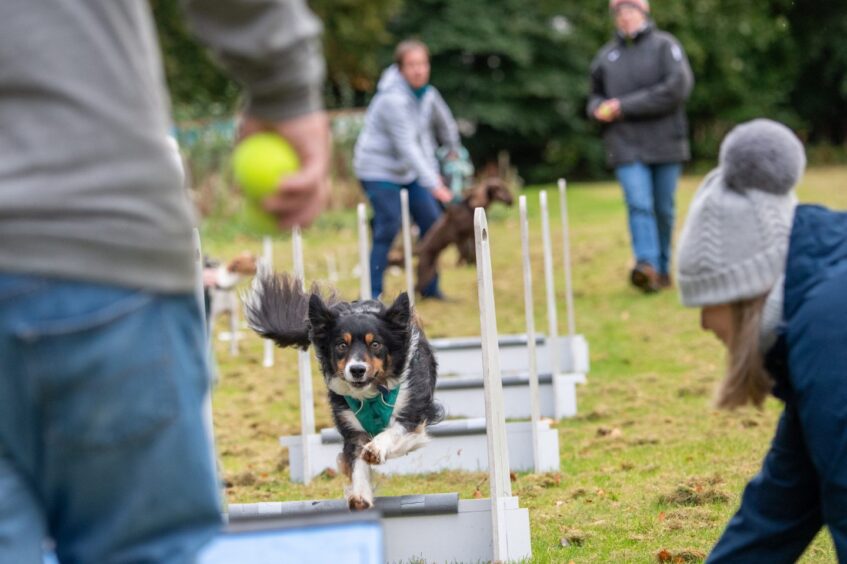
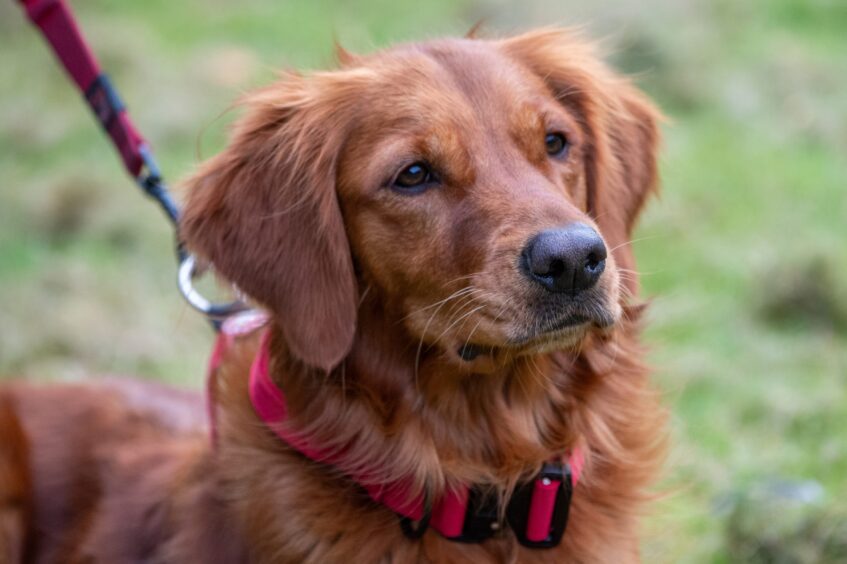
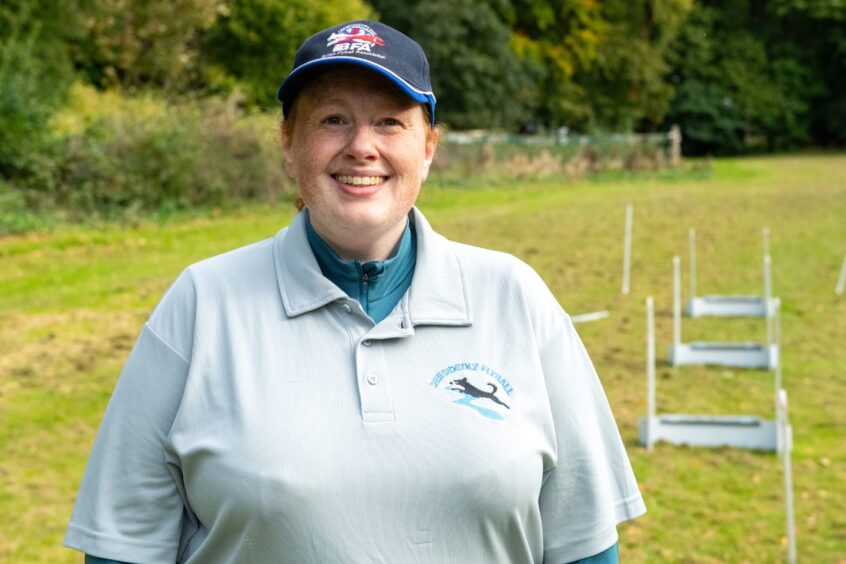
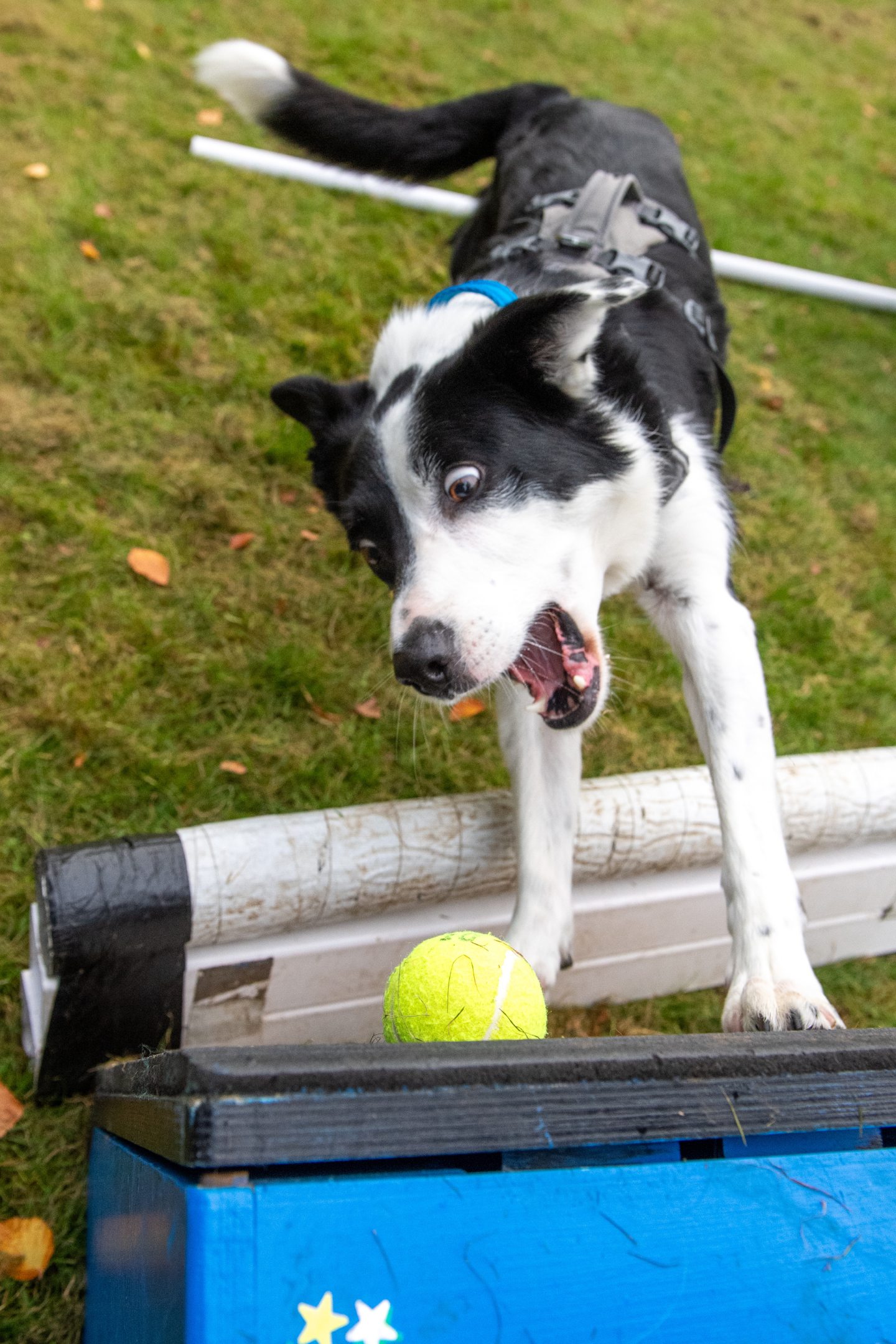
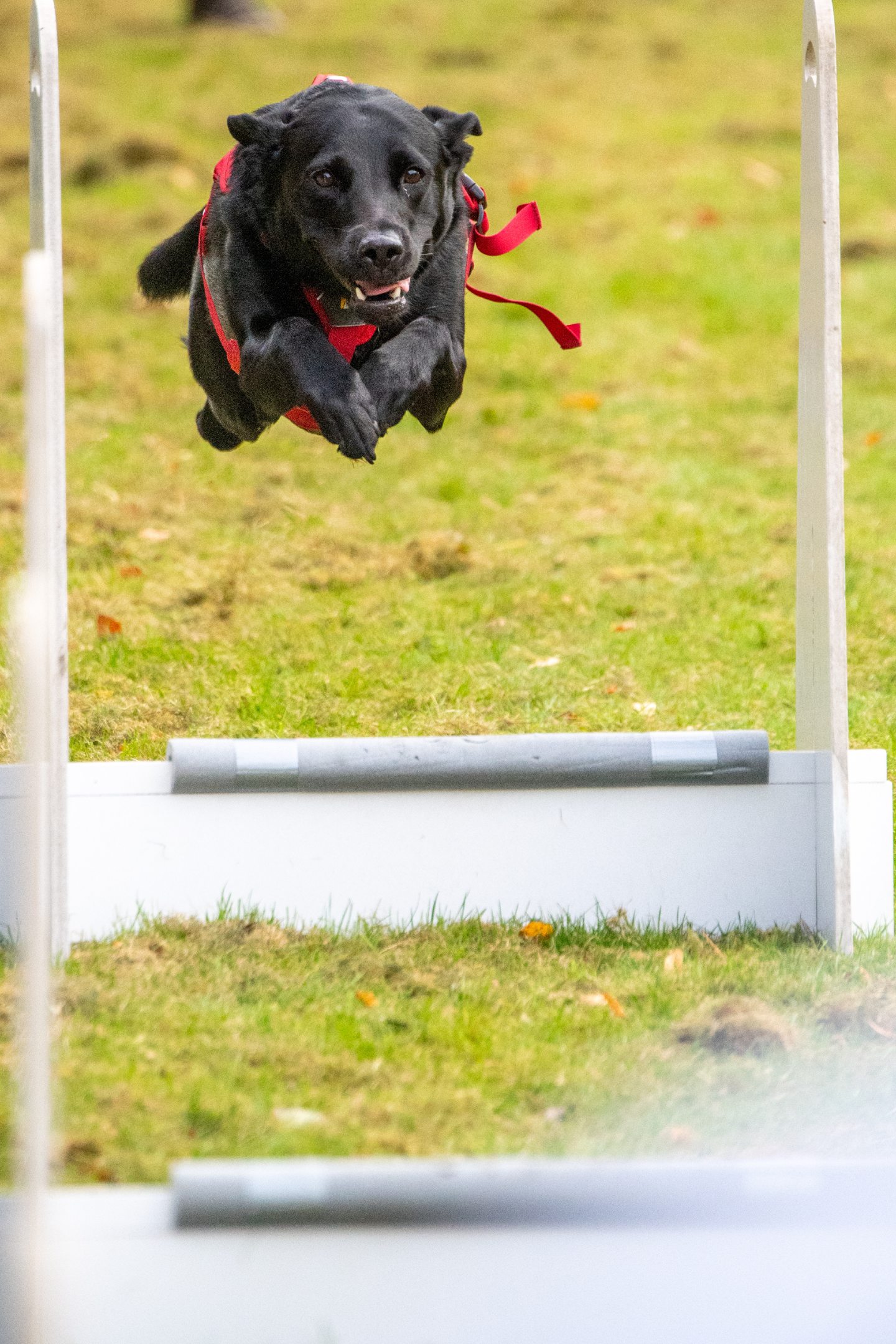
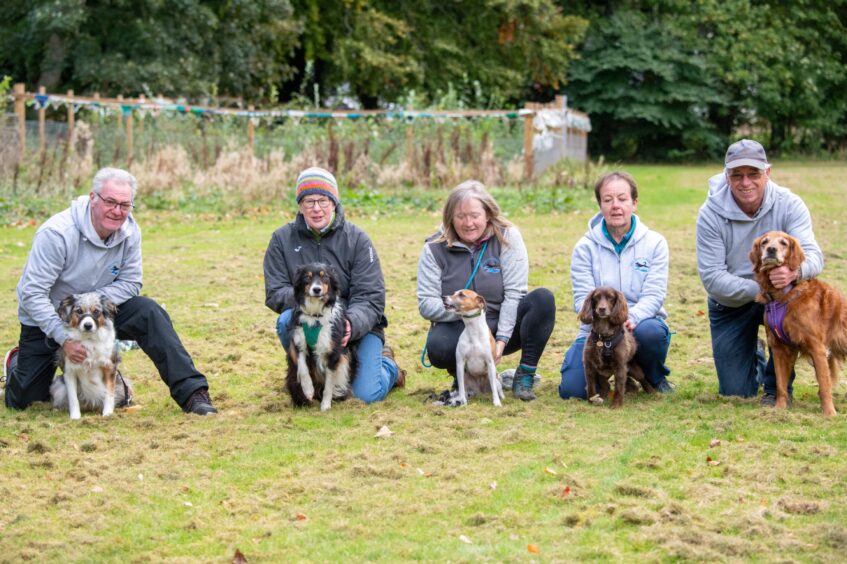
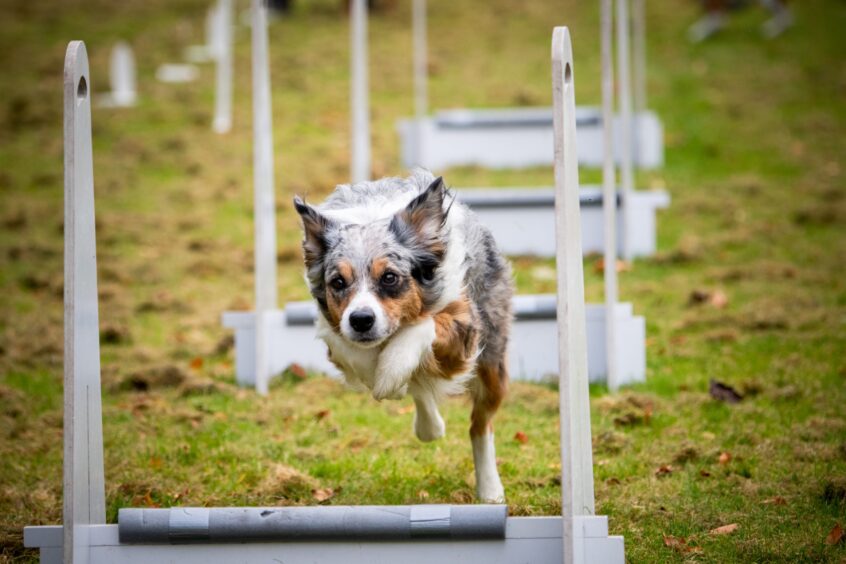
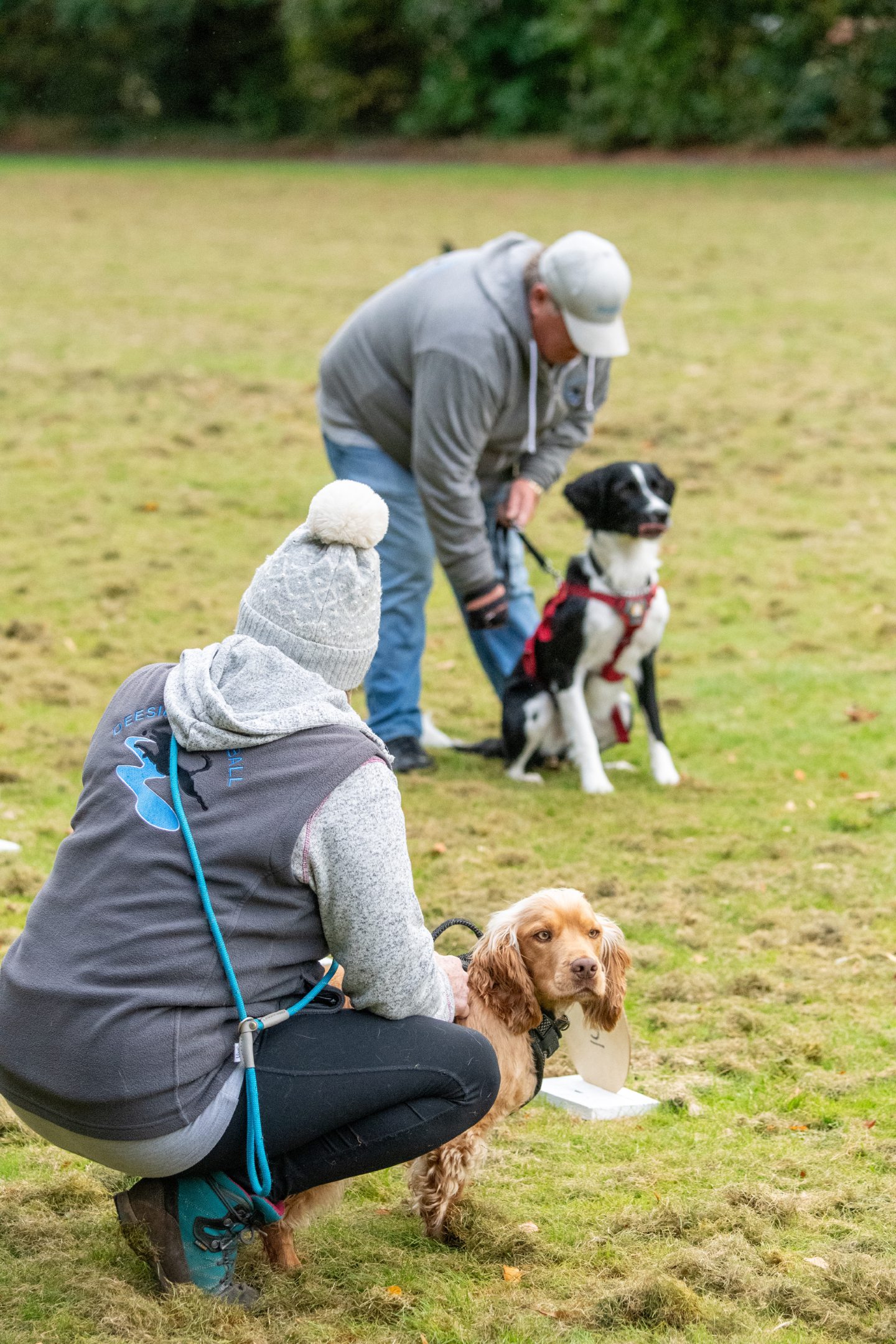
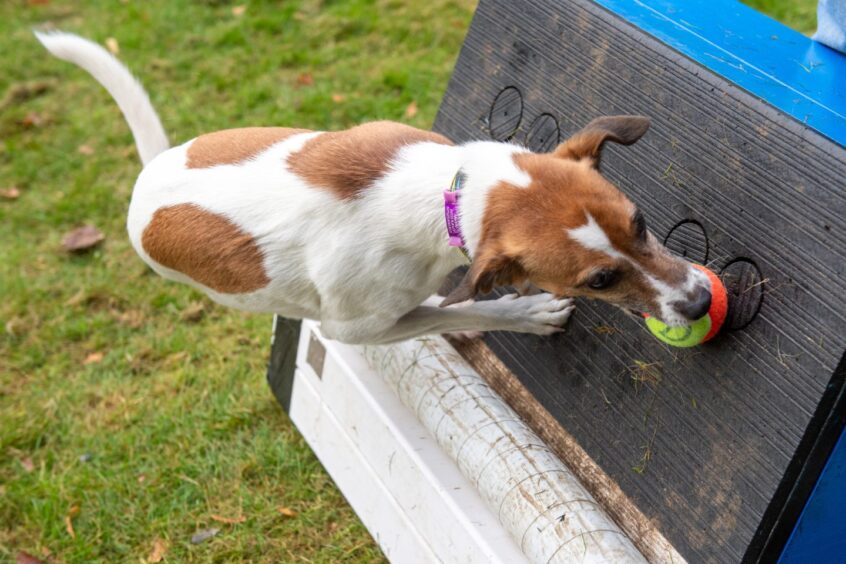
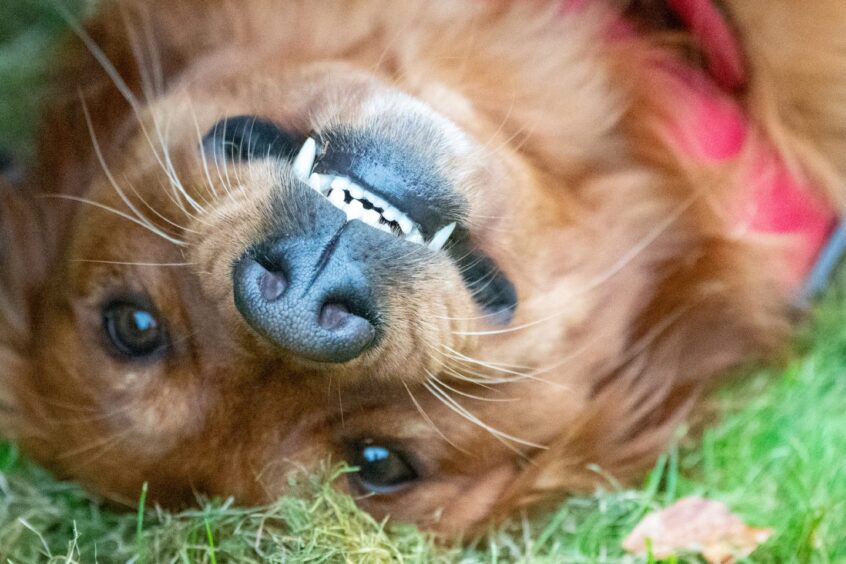
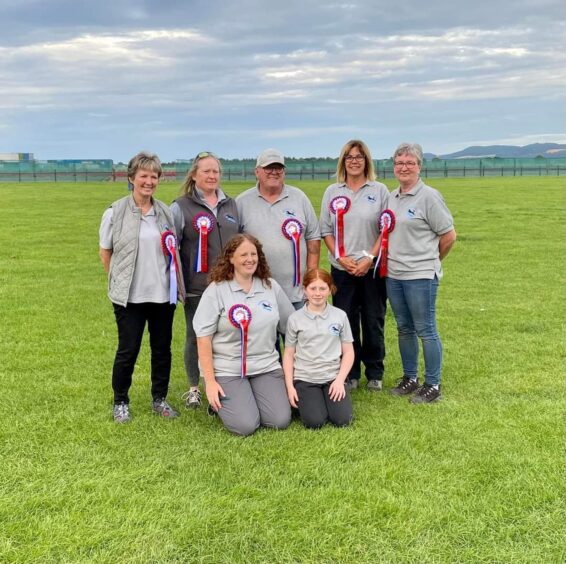
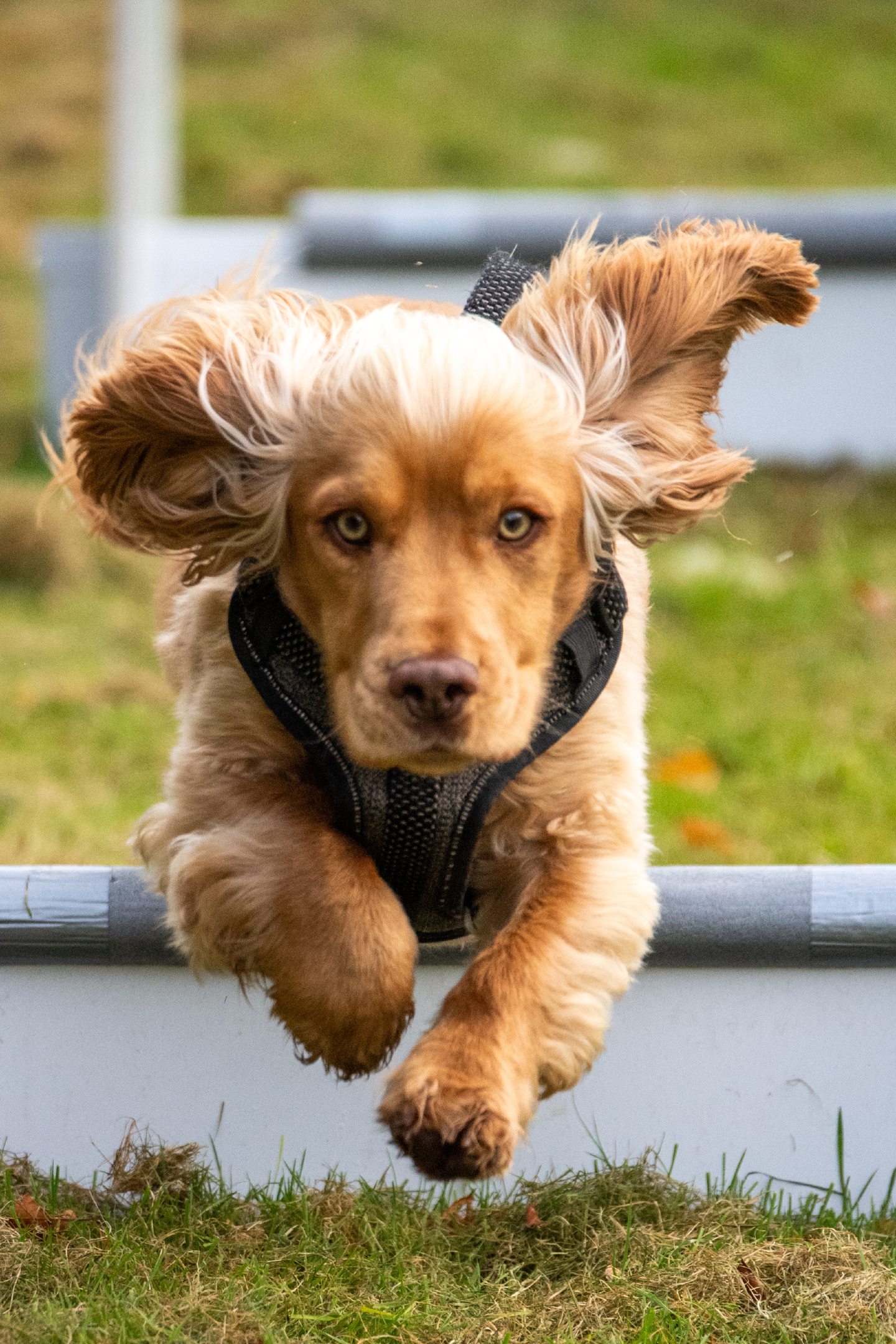
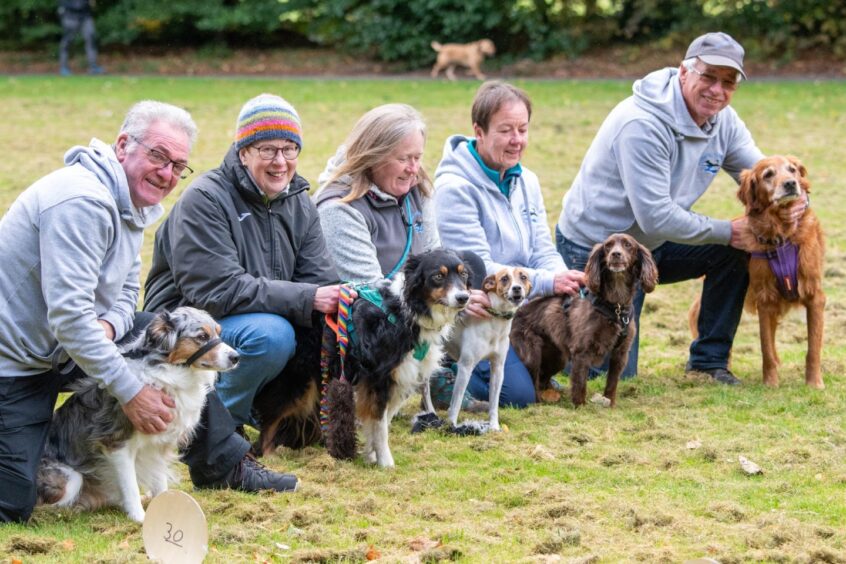
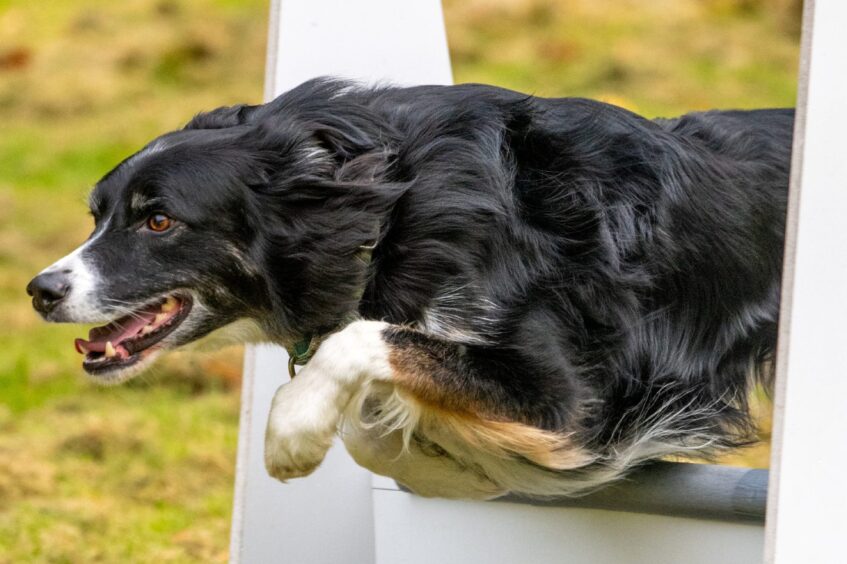
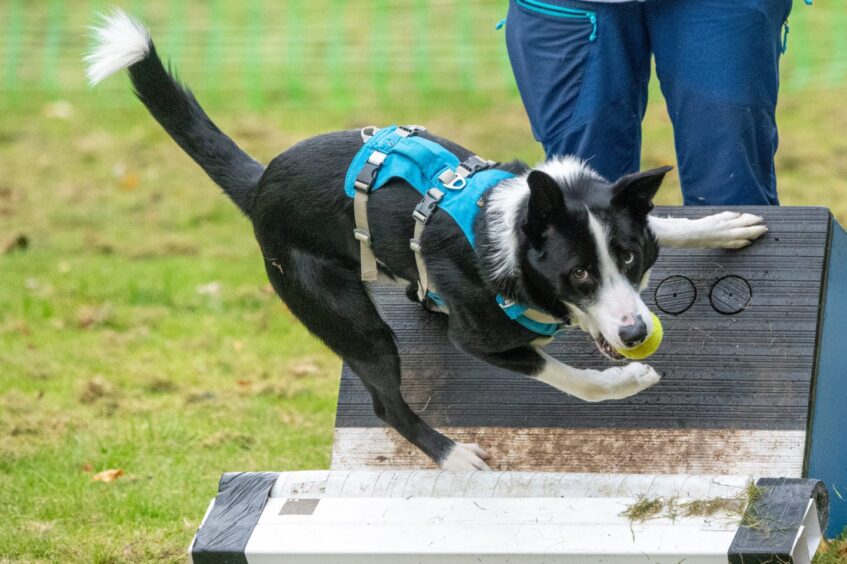
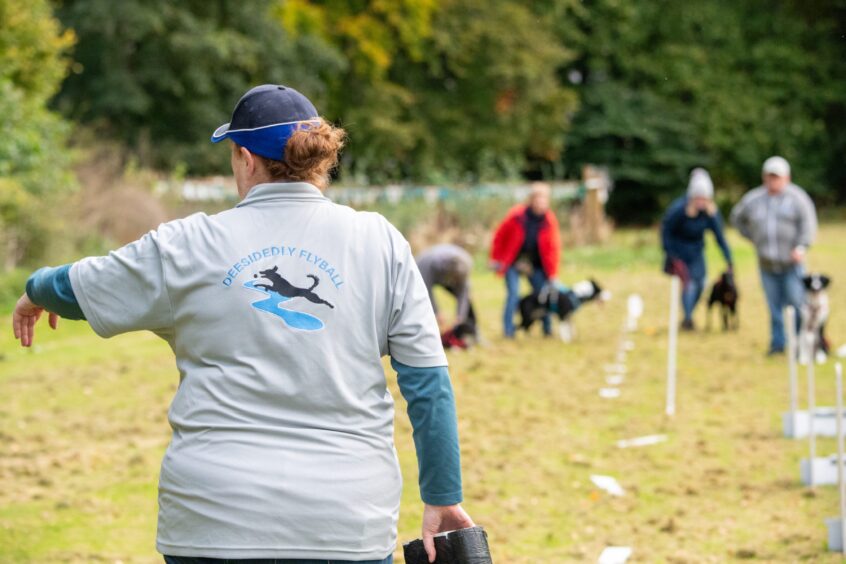
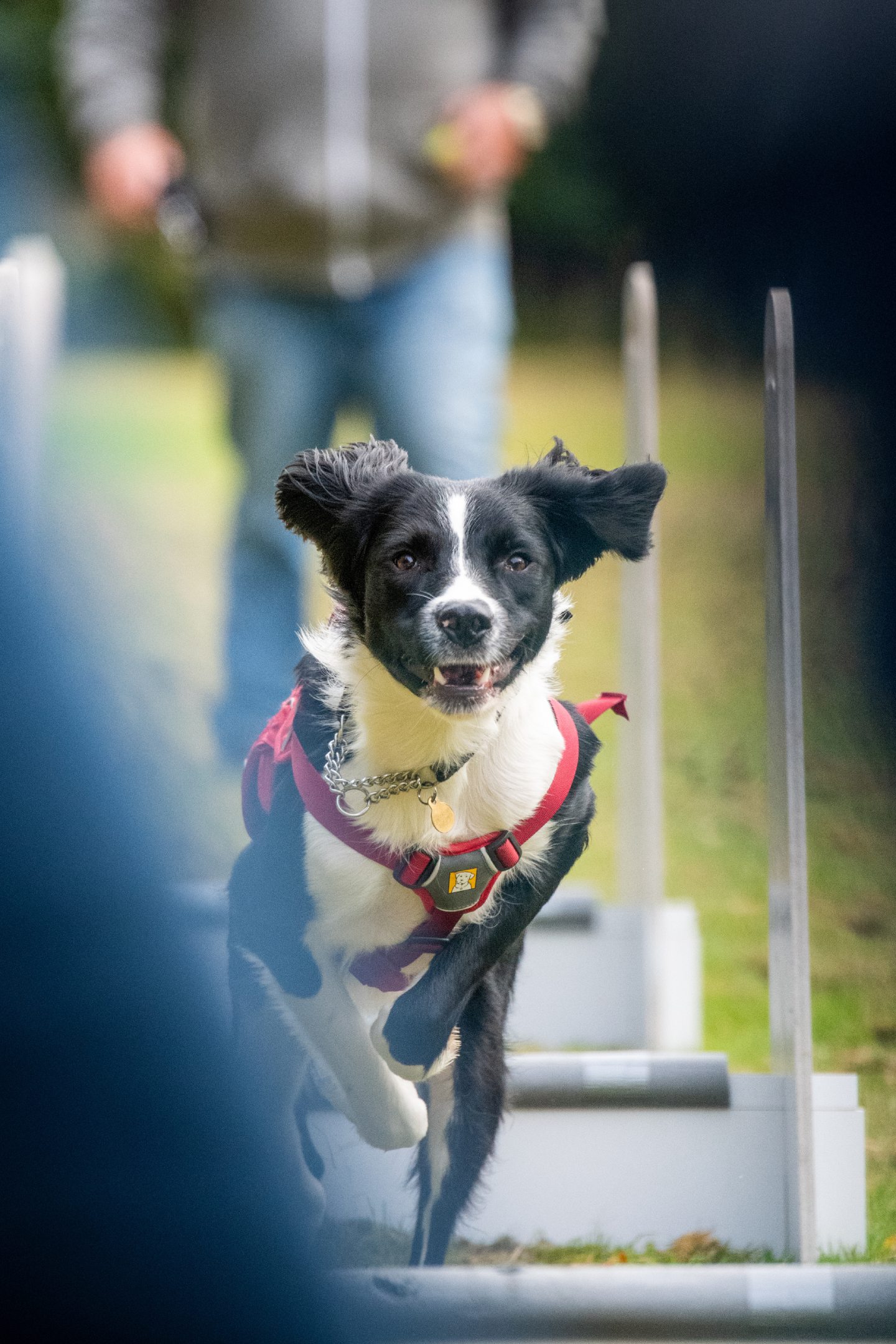
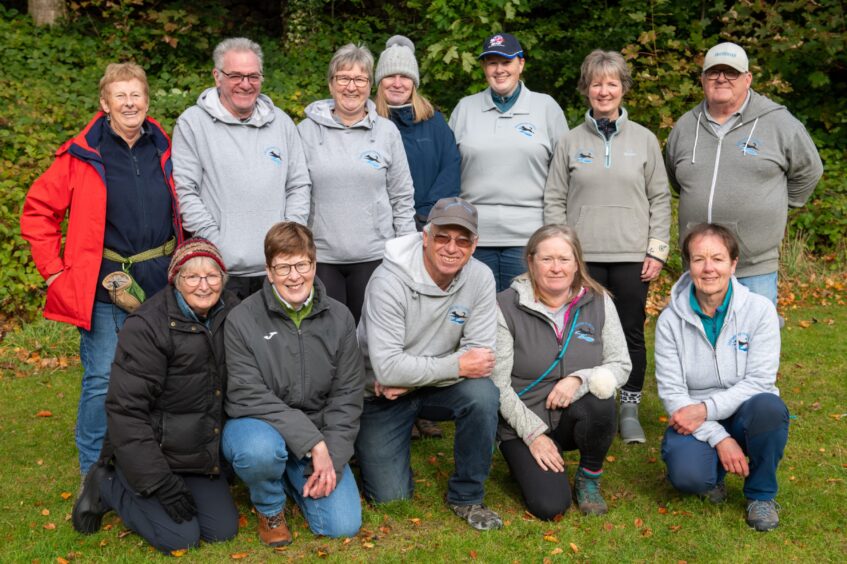
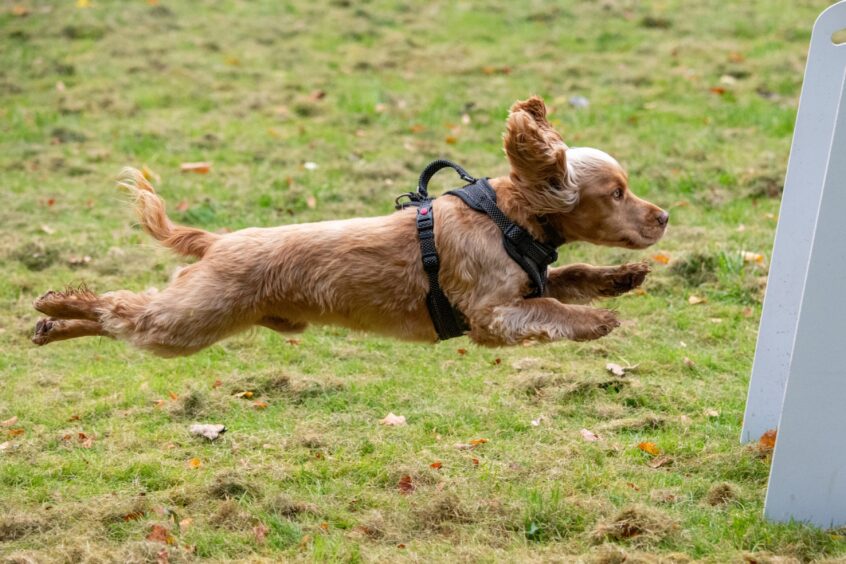
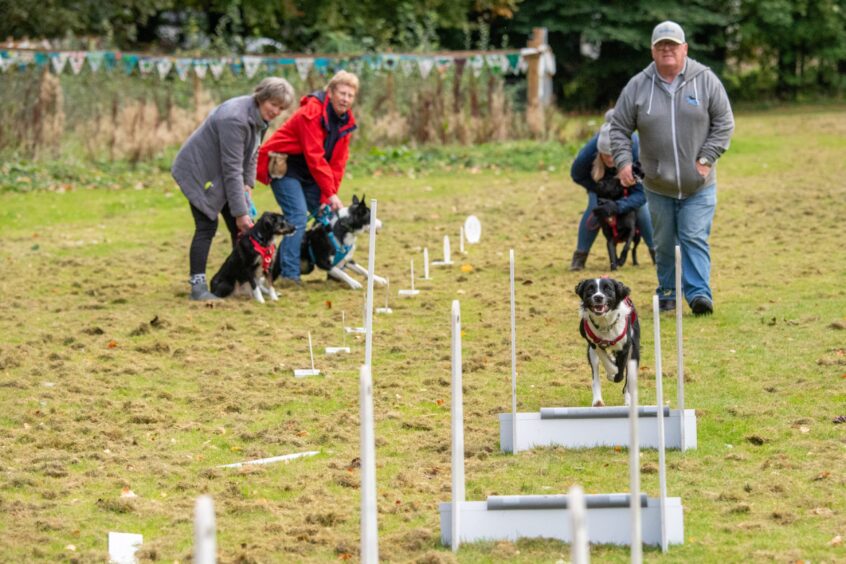
Conversation